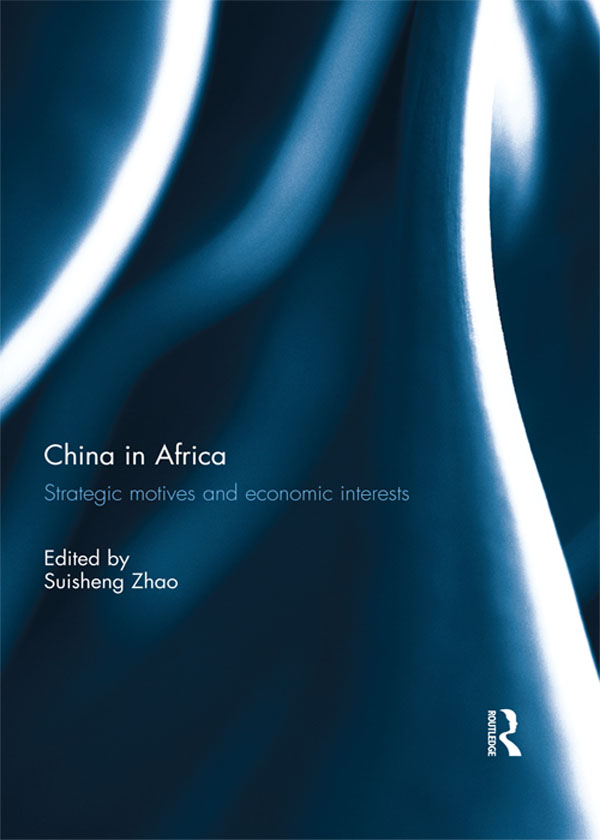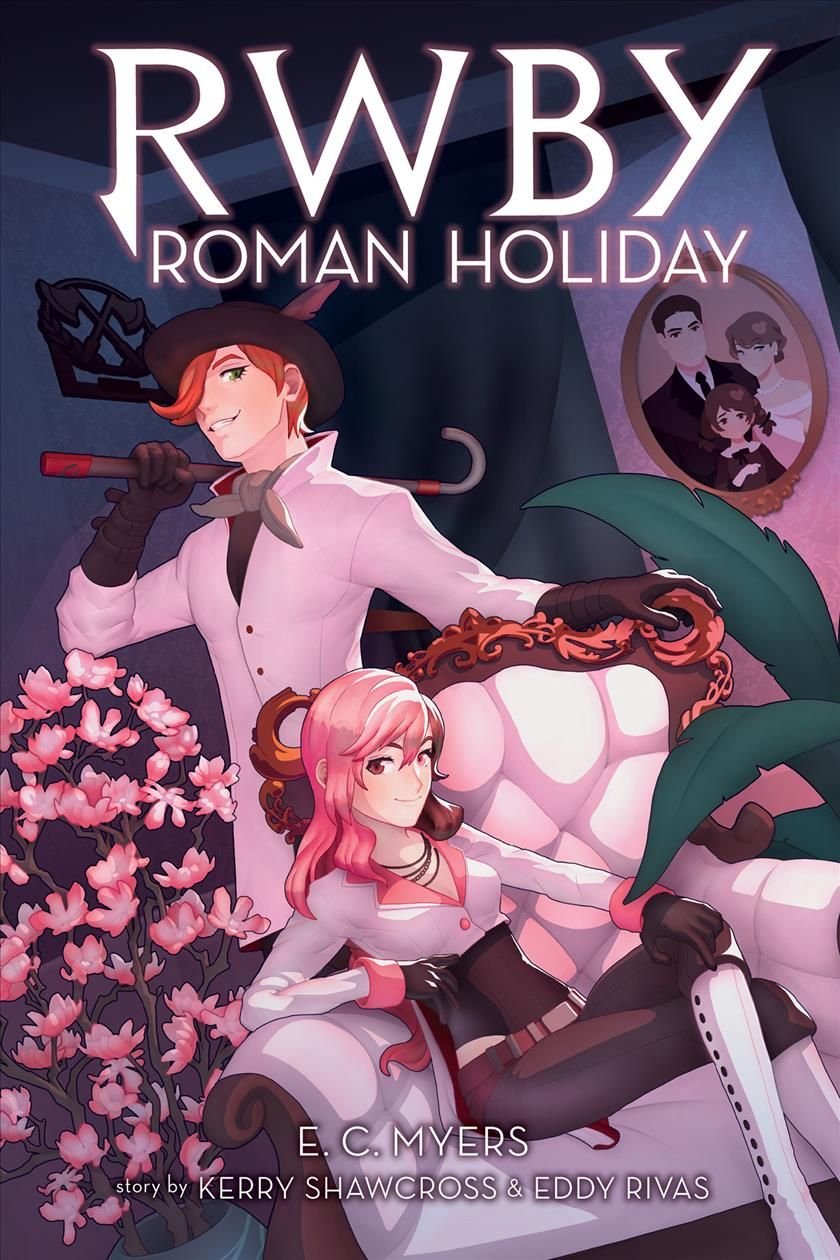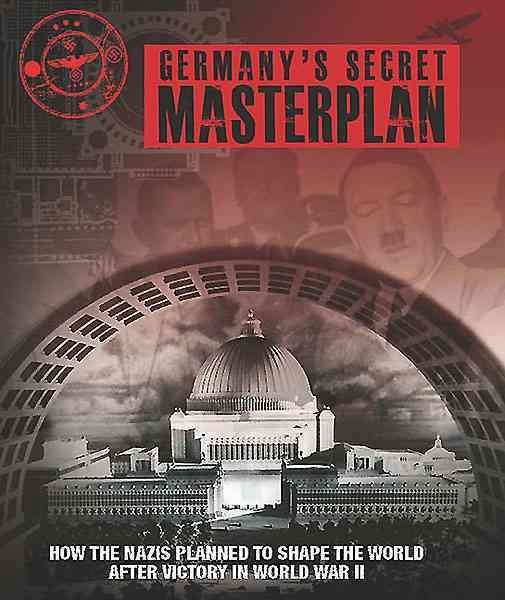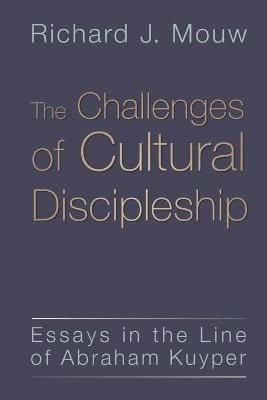An innovatory exploration of art and visual culture. Through carefully chosen themes and topics rather than through a general survey, the volumes approach the process of looking at works of art in terms of their audiences, functions and cross-cultural contexts. While focused on painting, sculpture and architecture, it also explores a wide range of visual culture in a variety of media and methods.“1600-1850 Academy to Avant-Garde” interrogates labels used in standard histories of the art of this period (Baroque, Rococo, Neo-Classicism and Romanticism) and examines both established and recent art-historical methodologies, including formalism, iconology, spectatorship and reception, identity and difference. Key topics include Baroque Rome, Dutch Painting of the Golden Age, Georgian London, the Paris Salon, and the impact of the discovery of the South Pacific.The second of three text books, published by Tate in association with the Open University, which insight for students of Art History, Art Theory and Humanities. Introduction Part 1: City and country 1600?1760 1: Bernini and Baroque Rome 2: Meaning and interpretation: Dutch painting of the golden age 3: The metropolitan urban renaissance: London 16601760 4: The English landscape garden 16801760 Part 2: New worlds of art 1760?1850 5: Painting for the public 6: Canova, Neo-classicism and the sculpted body 7: The other side of the world 8: Inventing the Romantic artist












